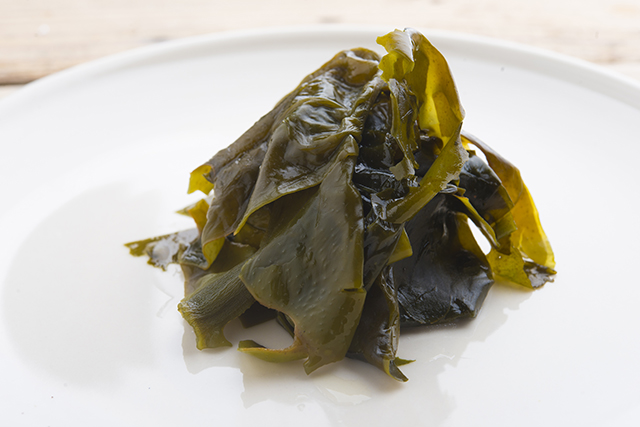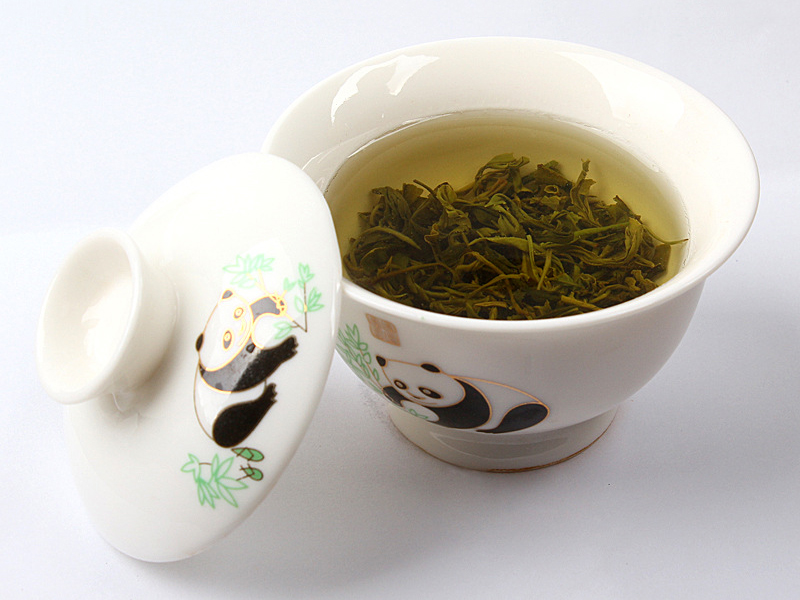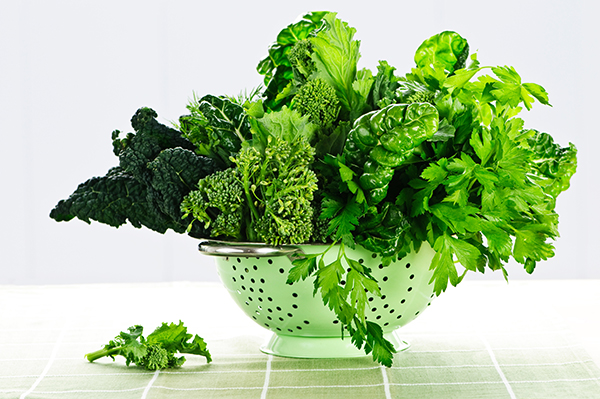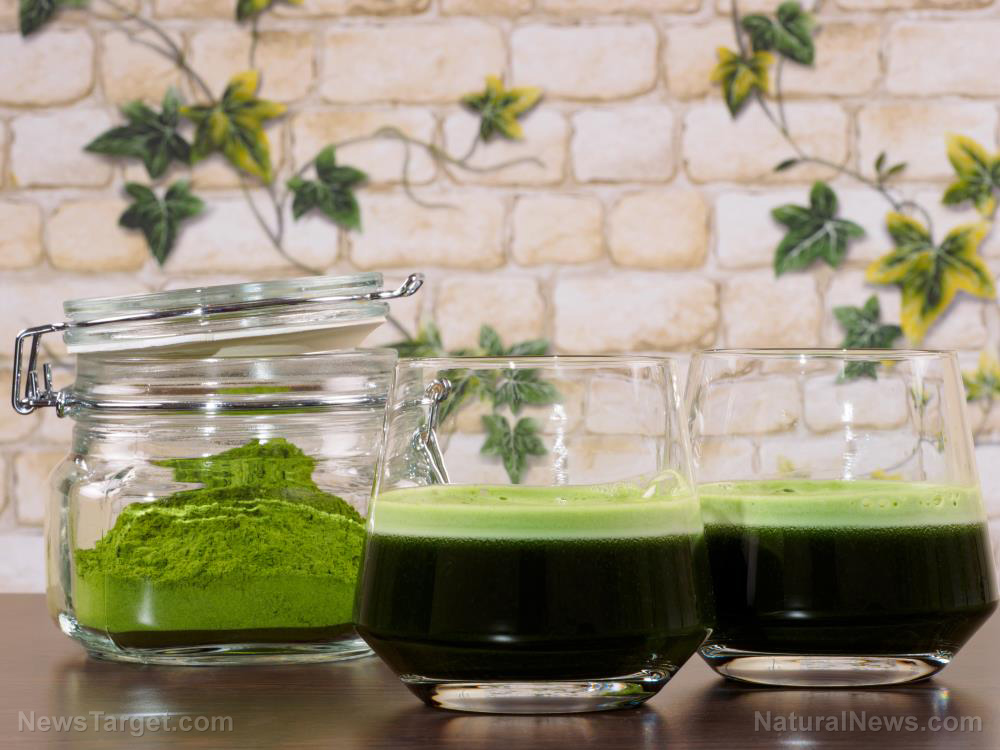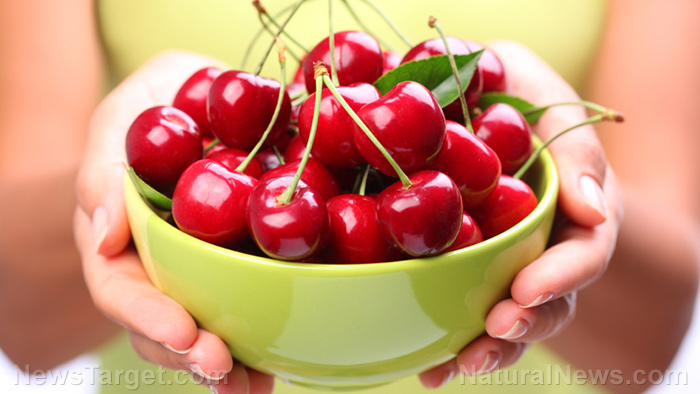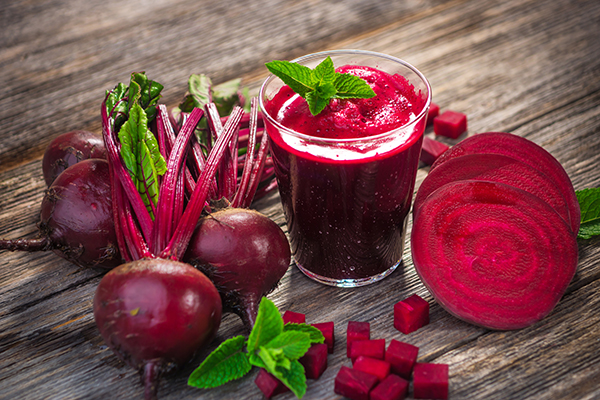Studies show saffron can fight cancer and protect against chemotherapy-induced damage
03/02/2023 / By Ramon Tomey

Saffron (Crocus sativus) is known as the world’s most expensive spice. It has also gained a reputation for being able to address cancer and the negative effects of anticancer drugs.
According to Tasting Table, saffron’s high price stems from the fact that C. sativus bulbs only yield one flower that blooms for a three-week period every fall. The delicate stigmas of these flowers are then harvested by hand, with 150,000 flowers yielding one kilogram (2.2 pounds) of saffron strands.
Writing for NaturalHealth365, New York-based licensed acupuncturist Christine Dionese shared three studies that attested to the cell-protecting and cancer-fighting abilities of saffron.
The first study from December 2010 published in Applied Biochemistry and Biotechnology looked at the effects of saffron extract on the A549 cancer cell line. A549 cells are commonly used for in vitro studies on lung cancer. The study authors, all from the Mashhad University of Medical Sciences in Iran, found that saffron had the potential to “decrease the cell viability in the malignant cells” depending on the saffron extract’s concentration and the length of time cancer cells are exposed to the solution.
“It might be concluded that saffron could cause cell death in the A549 cells, in which apoptosis plays an important role,” they concluded. “Saffron could also be considered as a promising chemotherapeutic agent in lung cancer treatment in the future.” (Related: Exciting research shows that saffron attacks cancer cells on multiple fronts, at every stage of the disease.)
A systematic meta-analysis published July 2020 in the Asian Pacific Journal of Cancer Prevention (APJCP) examined the anticancer effects of saffron based on in vitro and in vivo studies. The said paper found that saffron has a toxic effect on cancer cells, but does not negatively impact normal cells. Moreover, it also found that saffron prevents the formation of tumors.
“Considering the observed effects of saffron on the removal of cancer cells, saffron extract can be used in the treatment and prevention of cancer after confirmation in human clinical trials,” the authors of the July 2020 meta-analysis concluded. They also noted that saffron also helped address other kinds of cancers, including nervous system cancer.
According to the researchers behind the July 2020 paper, high amounts of saffron can be toxic to human health. The brightly-colored spice is often used in both Eastern and Western cuisines, albeit only in small amounts.
Saffron helps address damage caused by anticancer drugs
The APJCP meta-analysis also mentioned that aside from targeting cancer cells, saffron also reduces the toxic effects of anticancer drugs. This finding appeared to back up the results of a July 2016 study that scrutinized saffron’s effects on DNA damage caused by cancer treatments.
The said study published in Human & Experimental Toxicology looked at how the spice protected normal cells from the negative effects of three anti-tumor drugs – cisplatin, cyclophosphamide and mitomycin C. “The genotoxic potential of anti-tumor drugs limits their efficacy in the treatment of cancers,” the researchers acknowledged.
The study authors from India fed three doses of saffron extract to mice for five consecutive days. Afterward, the mice were given anti-tumor drugs. The researchers then analyzed DNA from the tails of the mice to assess the extent of cellular damage caused by the cancer treatments. The results revealed that administering saffron extract to the mice before giving them the anti-tumor drugs minimized the resulting DNA damage from the treatments.
“These findings suggest a potential role for saffron as an anti-genotoxic, antioxidant and chemopreventive agent,” they concluded. “[Saffron] could be used as an adjuvant in chemotherapeutic applications.”
Head over to Anticancer.news for more stories about foods that can help fight cancer.
Watch this video that elaborates on the benefits of saffron.
This video is from the Holistic Herbalist channel on Brighteon.com.
More related stories:
Saffron cures macular degeneration.
The golden spice saffron has golden health benefits too.
Compounds in saffron found to demonstrate toxicity against cancer cells.
Exotic spice saffron found to be safer, more effective than antidepressants.
Sources include:
Submit a correction >>
Tagged Under:
This article may contain statements that reflect the opinion of the author
RECENT NEWS & ARTICLES
COPYRIGHT © 2017 SUPER FOODS NEWS




